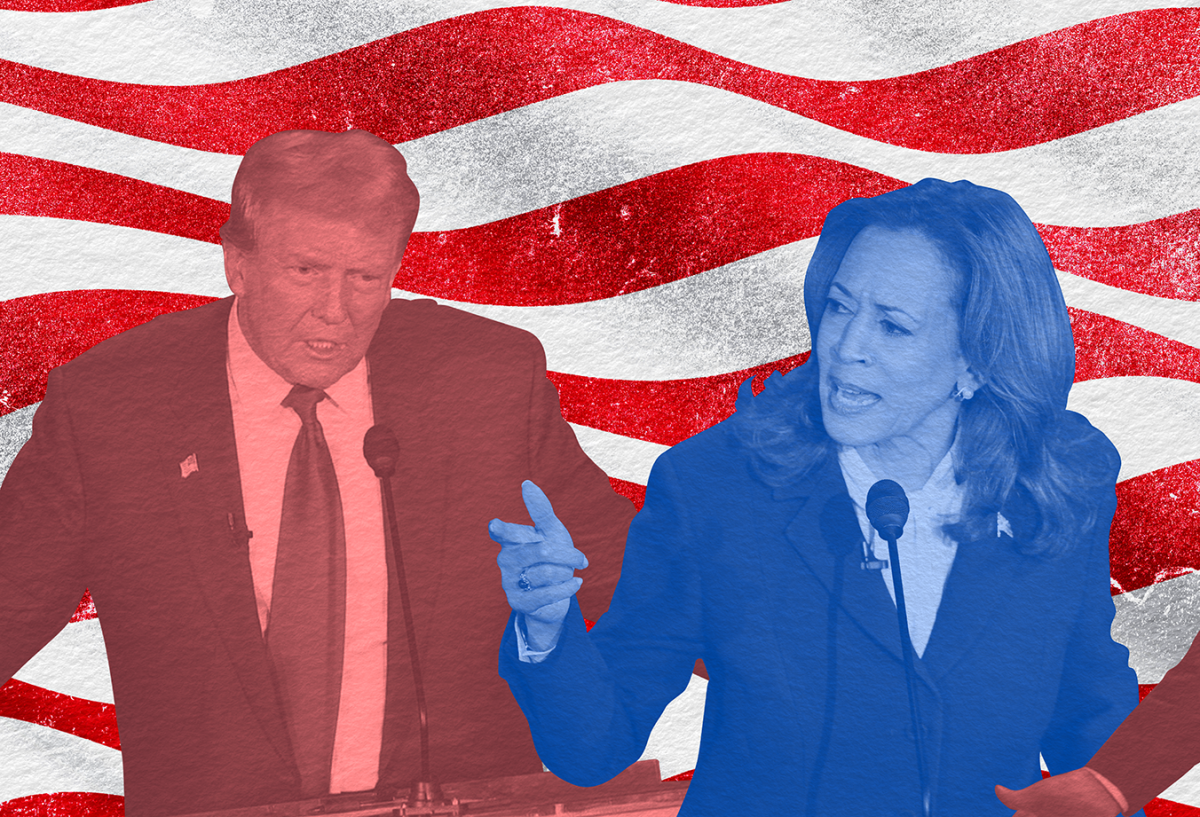It is now official; the University of Kentucky will no longer pursue the goal of promoting institutional diversity, equity and inclusion.
At least, that is the official position of the university administration, as reported by the Kernel. This is to say that there will no longer be an Office of Institutional Diversity at UK and everything organized underneath it will exist under various other offices, including the newly formed Office of Community Relations so that the university will not be seen as dividing its community into groups that each get treated differently.
A charitable interpretation of this change of policy might be that the university leadership wishes to avoid conflict with a state legislature that has placed DEI programs in its crosshairs by rebranding and restructuring its bureaucracy to avert the attention of lawmakers. After all, the announcement’s language emphasized the university’s commitment to serving all members of its community.
The main problem with viewing this change optimistically is that there have been some significant eliminations in university policy: official diversity statements and mandatory diversity trainings. The reason given by UK President Eli Capilouto is that they are ineffective at fulfilling their intended purpose, which would be a valid justification taken at face value.
However, this decision has very different implications with the additional context of the university’s pledge to take no political stances in its public statements or even to give the appearance of doing so.
This commitment to impartiality might seem familiar to people whose race, sexual orientation, gender, class or other identities are often at the center of political discussions. This usually means in practice that administrators stick to the status quo and distance themselves from contentious issues such as marginalized students’ safety to avoid controversy.
Given these implications, there is no doubt—in my mind at least—that UK as an institution and as a community will be worse off without a DEI program.
It is not hard to trace the roots of this major shift in policy. Capilouto, in his announcement of these changes, made note of the unsuccessful push during the last state legislative session to outlaw DEI efforts and shared that he had been in conversations with legislators who intend to renew the push in the upcoming session.
Of course, politicians in Frankfort calling DEI “divisive” and “a waste of money” should not be seen as the sole perpetrators of this backlash to the programs. There has been a national movement among conservatives to demonize efforts by public institutions and private companies to ensure that members of historically disadvantaged communities are given opportunities to succeed. They reason that these programs lead to an unearned advantage.
The logic of this claim is flawed, to the extent that the claim relies on logic at all. The insistence that the American economy operates as a meritocracy and that success is equally available to anyone who works hard enough overlooks the fact that Black and other communities, who benefit from DEI programs, have historically been trapped in cycles of poverty and denied opportunities for upward mobility. This has been the result of explicitly and implicitly racist policies, and their effects have persisted even when the policies, such as segregation or redlining, have not.
Most of the popular support for gutting DEI programs is motivated by the perception of unfairness toward white individuals rather than an objectively proven pattern of discrimination. Even after years of DEI efforts, white students are still the largest segment of the student bodies of most universities, but what tends to be more compelling to people who oppose DEI is emotionally loaded anecdotes of white college applicants being passed over in favor of less qualified Black or other minority applicants.
The disdain for unconscious bias trainings that are also part of DEI efforts is even more explicitly rooted in aggravation over perceived insult. Complaints about these trainings often share the refrain that they make white students or employees feel unnecessarily guilty about historical racism or their own racial identity, which does not speak to their success or failure at countering people’s prejudices, but instead prioritizes the comfort of people who would prefer to ignore their own privilege.
In reality, structural barriers to the educational and financial success of minorities are not a thing of the past even if conservatives feel like they are, and the same is true of unconscious bias. Yet by sheer political force, they have won the concession from UK and other universities that the language and much of the practices of DEI be removed from their policies. What other concessions might they win this way?
I expect the dissolution of UK’s DEI office to be an indicator of whose opinions will matter more to the administration going forward. Conservative legislators and students demanded the end of DEI, and they got it. If they were to demand the removal of course content that they find objectionable, why would they not get that too? There is no longer a university senate with the power to prevent such changes should the Board of Trustees decide to give conservatives more of what they ask for.
Just within the last three years, the university has allowed conservative activists such as Matt Walsh, Michael Knowles and Riley Gaines, each of whom have publicly slandered and endangered transgender people (or “transgenderism,” as Knowles put it) by calling them threats to women and children, to speak on campus. At the same time, I have had to hear about how colleges have gone “woke” and are silencing conservative voices. It is truly remarkable how effective conservatives are at getting their way while being “silenced.”
No matter how uncomfortable it might be for conservatives, the diversity of college campuses is an invaluable resource to students. Encountering people with different backgrounds and experiences is the key to learning how to be empathetic toward others and to understand the world beyond one’s own biases and assumptions. This is to say nothing of the moral case to be made for encouraging greater enrollment of disadvantaged students who might otherwise be trapped in a cycle of generational poverty.
I have yet to hear a conservative politician, commentator or voter admit that they do not want students to be empathetic or to see past their biases, nor have I heard them call for keeping minorities underrepresented in higher education. But I will not wait for them to admit to having such intentions to predict that these outcomes will be the result of their crusade against DEI.
And I will certainly not hesitate to condemn them for it.
































































































































































